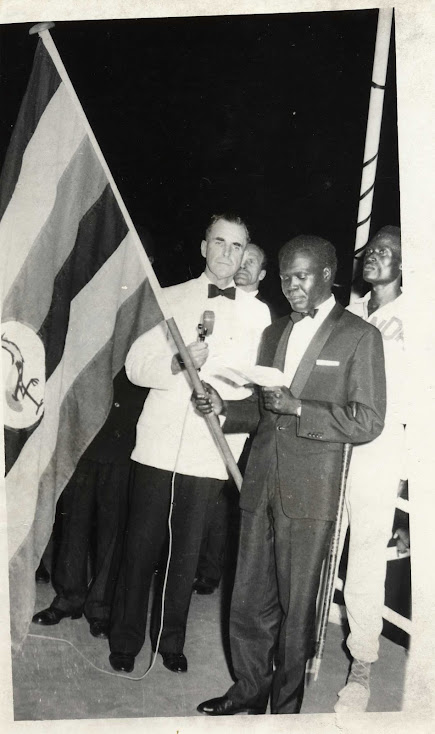Obote’s Three Opponents: The Root of Uganda’s Development Challenges

Dr Obote recieving the instruments of power on the indepence day in 1962 Decades ago, Uganda’s former Prime Minister Milton Obote identified three major challenges facing the country: poverty , ignorance , and disease. These “Three Opponents” remain pressing issues today, intertwined and persistent in their impact on Uganda’s development. Addressing these challenges requires targeted strategies to empower the Ugandan people and create sustainable progress. Tackling Poverty Poverty feeds ignorance and disease, making it the root issue to confront. Obote emphasized the power of collective action. In rural areas, cooperatives can help farmers pool resources and increase productivity. These organizations offer a way for small-scale producers to collectively access markets, credit, and better prices. Similarly, urban workers benefit from trade unions, which advocate for fair wages and improved working conditions. Both cooperatives and trade unions operate on the principle of unity:...


